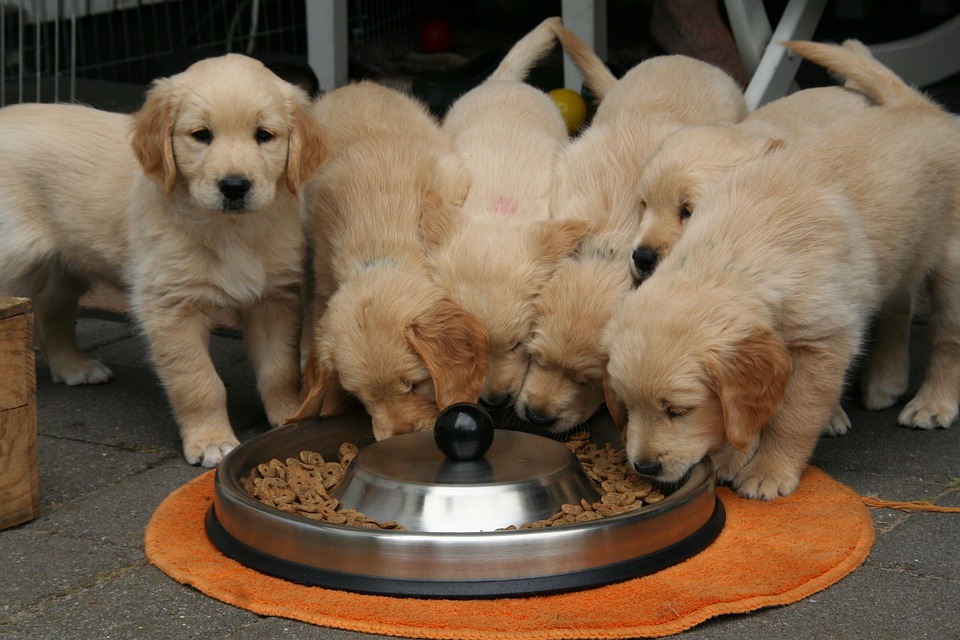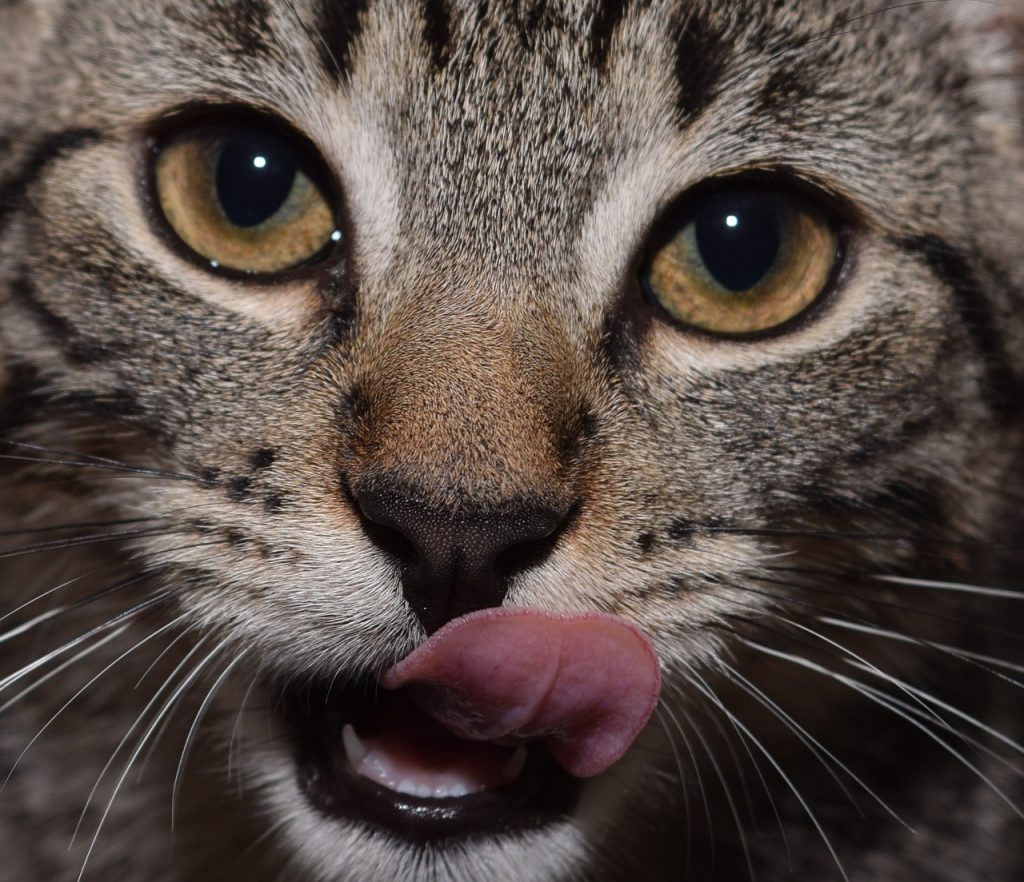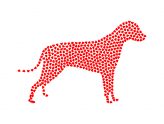Pet Nutrition Basics
December 8, 2023
The Most Popular Holiday Foods…That Your Pet Should Avoid!
You may want to buy your pet a special holiday treat as a present or give them some of the holiday meal, but it’s important to think carefully about what you offer them. To help keep your dogs and cats safe as we enter the holiday season, follow these guidelines to keep the holidays healthy and happy!
June 21, 2023
What’s in a name? What is a Board Certified Veterinary Nutritionist and why does it matter?
We know that many pet owners are desperate for accurate, trustworthy information about how to feed their pets, whether they’re healthy or if they have a medical condition. However, even knowing who to talk to about your pet’s nutrition can be confusing! Learn more about Board Certified Veterinary Nutritionists and an easier way to find one.
May 9, 2023
What Nutrients are Essential for My Pet?
While you may have heard us say “pets need nutrients, not ingredients,” what exactly are those essential nutrients? Here’s a breakdown of all the essential nutrients according to the Association of American Feed Control Officials (AAFCO) that are required for foods to be called complete and balanced for adult and growing cats and dogs
February 7, 2023
Diet-associated dilated cardiomyopathy: The cause is not yet known but it hasn’t gone away
A new FDA update provides more information on diet-associated dilated cardiomyopathy (DCM). While the specific cause is not yet known, the problem hasn’t gone away
December 19, 2022
Too hot? Too cold? Keeping your pet’s food temperature just right
What’s the best food temperature to keep your cat eating well? A new study provides some answers.
September 19, 2022
“Preservative-Free” Pet Food?
Preservatives are essential ingredients in some forms of pet foods but they are surrounded by a great deal of misinformation.
April 4, 2022
Think Your Pet has a Food Allergy? Eliminating Mistakes in Elimination Diet Trials
Although food allergies are uncommon in dogs and cats, the only way to diagnose them is with an elimination diet trial. Learn tips to avoid common mistakes and to plan a successful elimination diet trial.
January 31, 2022
Growth Guide: Keeping your Puppy on the Right Track
Growing puppies have very specific nutritional requirements that are different from those of adult dogs. Too much food can result in too fast growth, which can have lifelong consequences, especially for larger breed dogs. Using a growth chart can get (and keep) your pup’s growth on track.
November 29, 2021
What’s the Best Food for your New Puppy?
While good nutrition is important for all dogs, it’s especially critical for growing puppies due to their special nutritional needs. Therefore, you’ll want to be sure you’re selecting best food for your new family member.
Follow this step-by-step guide to make sure you’re feeding the best possible food to your puppy.
November 8, 2021
To Chelate or Not to Chelate [Minerals]?
Minerals in pet food can come from the main ingredients or be added as concentrated inorganic or chelated supplements. We review the differences in these sources so that pet owners can better understand the ingredients in their pet’s food.
Search
Petfoodology on Twitter
-
Did You Know? AAFCO Doesn’t Approve Pet FoodsMar 01, 2021
-
Who we are and why you can trust usJul 28, 2016
-
What’s your Pet Food IQ?Nov 30, 2016
Tag Cloud
Why Trust Us?
 As you’re on this website right now, we can assume that you love pets and likely have a special dog or cat (or many) in your life. We love them, too! And not only do we love the pets, we also love their people, and you are our reason for making this site.
As you’re on this website right now, we can assume that you love pets and likely have a special dog or cat (or many) in your life. We love them, too! And not only do we love the pets, we also love their people, and you are our reason for making this site.
Petfoodology Topics
- All About Pet Food (36)
- Finding the Best Food for Your Pet (42)
- Media (11)
- Pet Nutrition Basics (39)
- Petfoodology Blog (131)
- Pets with Health Conditions (49)
- Trending Topics in Pet Nutrition (56)


















